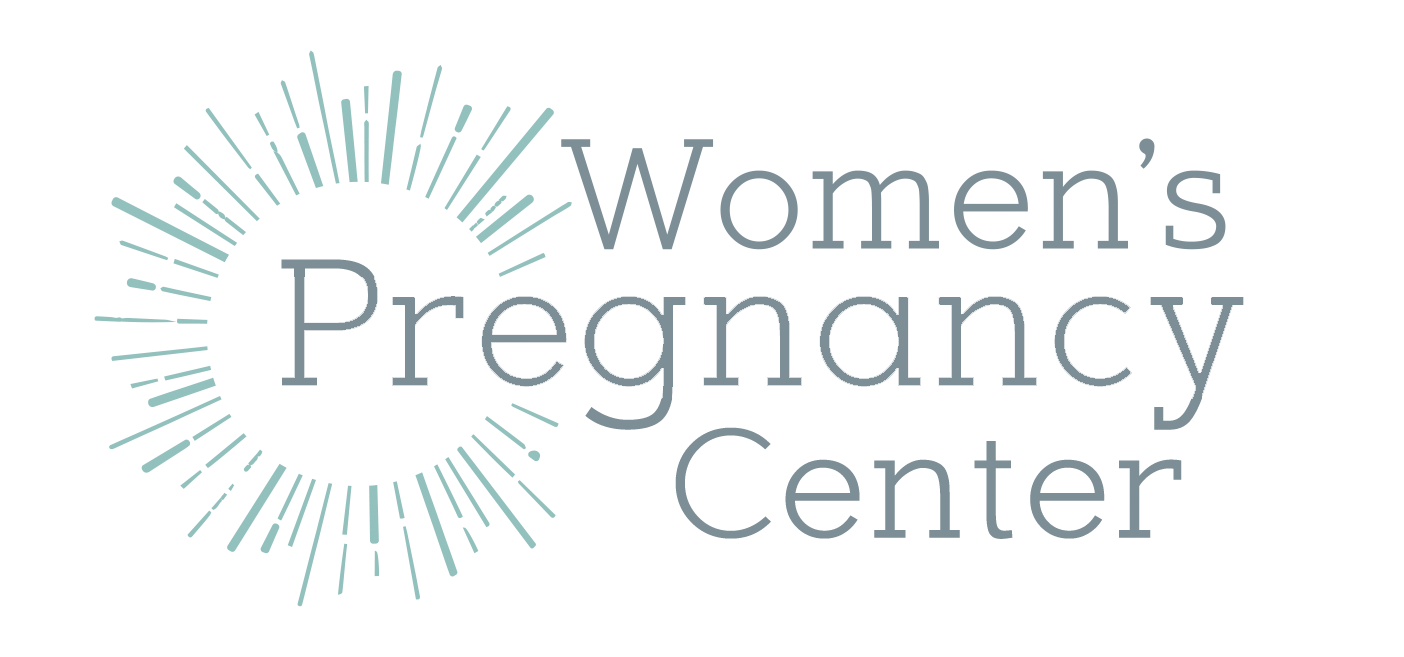Before any medical procedure, there are often things you need to avoid. So, if you’re considering an abortion, you may be wondering what you need to avoid before, such as whether you can have sex.
As you consider your options and before you move forward with decisions about an abortion, there are a few things you should know. Today we’ll explore whether you can have sex before an abortion. Keep reading to learn more.
Can You Have Sex Before an Abortion?
Some abortion providers recommend avoiding sexual activity before an abortion to reduce the risk of complications. Engaging in sex could potentially introduce a sexually transmitted infection (STI), which may increase the risk of infection during or after the procedure.[1]
How Long After an Abortion Can You Have Sex?
After a medication abortion (abortion pill), women are typically advised to abstain from sexual activity for 2–3 weeks to reduce the risk of infection, as bleeding may persist for up to four weeks.[2] Following a surgical abortion, your healthcare provider will evaluate your recovery and clear you for activities, including sex.
Some women experience a temporary decrease in sexual drive after an abortion due to complex emotions, which can affect intimacy.[3]
How Soon Can You Get Pregnant After an Abortion?
Ovulation can resume as early as three weeks after an abortion, even if you’re still experiencing bleeding.[4] This means you could become pregnant again if you are sexually active during this time.
So, before choosing abortion, women may want to consider whether they want to prevent future pregnancies.
How Do I Know If I’m Pregnant?
At-home pregnancy tests detect pregnancy hormones but cannot confirm whether the pregnancy is progressing or located in the uterus. An ultrasound is essential to verify the pregnancy’s location and viability before considering an abortion.
Does Abortion Affect Relationships?
Women may experience a variety of emotions after an abortion that can affect the ways in which they interact with their partners. Some partners also experience sadness or grief after an abortion and have difficulty communicating how they feel.
Before choosing abortion, it’s crucial for you and your partner to explore each of your options. Women’s Pregnancy Center offers a safe, nonjudgmental space to ask questions and get answers, so you can make an informed decision together. Make an appointment today!
How Does the Abortion Pill Work?
The abortion pill, also known as a medical abortion, chemical abortion, RU-486, or at-home abortion, involves two medications to terminate a pregnancy.
The first, mifepristone, blocks progesterone, halting pregnancy development. The second, misoprostol, induces uterine cramping to expel the pregnancy.[5] The abortion pill is FDA-approved for use up to 10 weeks of gestation.[6]
What to Know Before Taking the Abortion Pill
Before considering the abortion pill, consult a healthcare professional to confirm eligibility. Key factors include:
- Gestational age: An ultrasound provides the most accurate estimate of how far along you are, as opposed to relying solely on your last menstrual period.[7]
- Pregnancy location: An ectopic pregnancy (outside the uterus) can be life-threatening and requires different treatment. An ultrasound is recommended before taking the abortion pill.
- Pregnancy viability: Approximately 10–20% of known pregnancies end in miscarriage, with most occurring in the first trimester.[8] An ultrasound can confirm if the pregnancy is viable.
Call Women’s Pregnancy Center at 352-629-2810 today to see if you qualify for a free ultrasound.
Abortion Information and Support in Ocala, Florida
Deciding whether to pursue an abortion can feel overwhelming, but you don’t have to navigate it alone. At Women’s Pregnancy Center, our compassionate staff provides free, confidential consultations to discuss all your options, including abortion, parenting, and adoption. We’re here to answer your questions and provide clarity.
Give us a call at 352-629-2810 or schedule your appointment online. All services are confidential and free of charge!
Please be aware that Women’s Pregnancy Center does not provide or refer for abortion services.
Sources
- Mayo Clinic. (2022, April 30). Pelvic inflammatory disease (PID). https://www.mayoclinic.org/diseases-conditions/pelvic-inflammatory-disease/symptoms-causes/syc-20352594
- Cleveland Clinic. (2024, January 16). Medical Abortion. https://my.clevelandclinic.org/health/treatments/21899-medical-abortion
- Coleman, P. K., Rue, V. M., & Coyle, C. T. (2009). Induced abortion and intimate relationship quality in the Chicago Health and Social Life Survey. Public health, 123(4), 331–338. https://doi.org/10.1016/j.puhe.2009.01.005
- Schreiber, C. A., Sober, S., Ratcliffe, S., & Creinin, M. D. (2011). Ovulation resumption after medical abortion with mifepristone and misoprostol. Contraception, 84(3), 230–233. https://doi.org/10.1016/j.contraception.2011.01.013
- See source #2.
- Danco Laboratories, LLC. (2022). MEDICATION GUIDE: Mifeprex. https://www.accessdata.fda.gov/drugsatfda_docs/label/2011/020687s014lbl.pdf
- Cleveland Clinic. (2022, September 28). Ultrasound in Pregnancy. https://my.clevelandclinic.org/health/diagnostics/9704-ultrasound-in-pregnancy
- Cleveland Clinic. (2022, July 19). Miscarriage. https://my.clevelandclinic.org/health/diseases/9688-miscarriage

